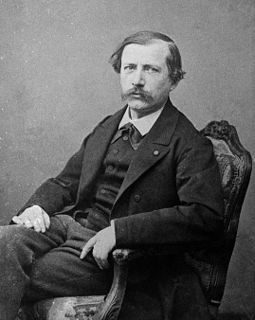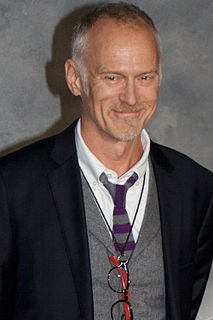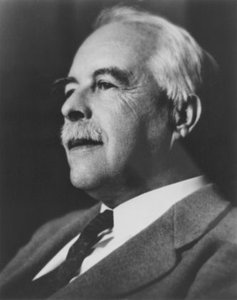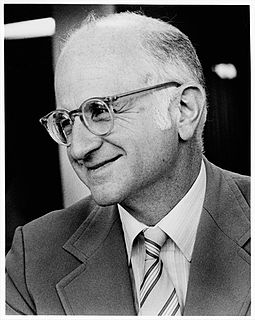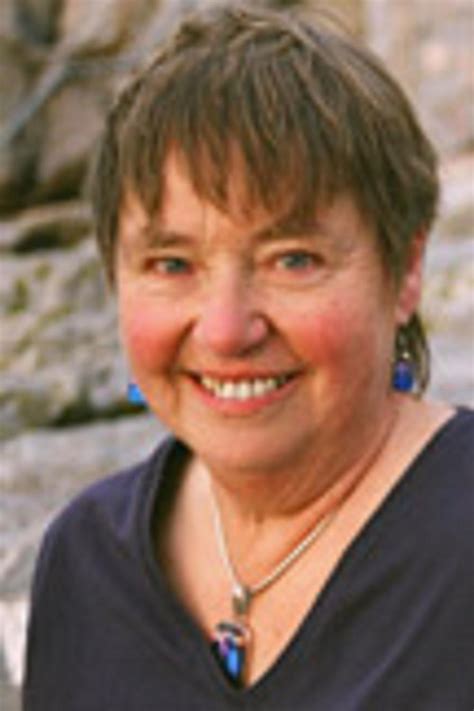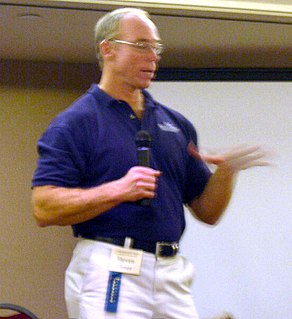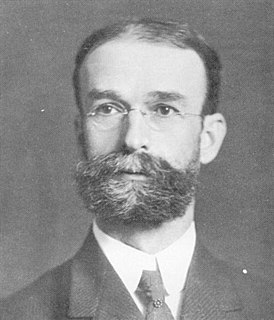A Quote by Rudolf Virchow
Belief has no place as far as science reaches, and may be first permitted to take root where science stops.
Related Quotes
The necessary precondition for the birth of science as we know it is, it would seem, the diffusion through society of the belief that the universe is both rational and contingent. Such a belief is the presupposition of modern science and cannot by any conceivable argument be a product of science. One has to ask: Upon what is this belief founded?
Our belief is not a belief. Our principles are not a faith. We do not rely soley upon science and reason, because these are necessary rather than sufficient factors, but we distrust anything that contradicts science or outrages reason. We may differ on many things, but what we respect is free inquiry, openmindedness, and the pursuit of ideas for their own sake.
If science proves some belief of Buddhism wrong, then Buddhism will have to change. In my view, science and Buddhism share a search for the truth and for understanding reality. By learning from science about aspects of reality where its understanding may be more advanced, I believe that Buddhism enriches its own worldview.
Another of the qualities of science is that it teaches the value of rational thought, as well as the importance of freedom of thought; the positive results that come from doubting that all the lessons are true... Learn from science that you must doubt the experts. As a matter of fact, I can also define science another way: Science is the belief in the ignorance of experts.
We are living in a society that is totally dependent on science and high technology, and yet most of us are effectively alienated and excluded from its workings, from the values of science, the methods of science, and the language of science. A good place to start would be for as many of us as possible to begin to understand the decision-making and the basis for those decisions, and to act independently and not be manipulated into thinking one thing or another, but to learn how to think. That's what science does.
I believe that ideas such as absolute certitude, absolute exactness, final truth, etc. are figments of the imagination which should not be admissible in any field of science... This loosening of thinking seems to me to be the greatest blessing which modern science has given to us. For the belief in a single truth and in being the possessor thereof is the root cause of all evil in the world.
Science and religion...are friends, not foes, in the common quest for knowledge. Some people may find this surprising, for there's a feeling throughout our society that religious belief is outmoded, or downright impossible, in a scientific age. I don't agree. In fact, I'd go so far as to say that if people in this so-called 'scientific age' knew a bit more about science than many of them actually do, they'd find it easier to share my views.
I take it that a monograph of this sort belongs to the ephemera literature of science. The studied care which is warranted in the treatment of the more slowly moving branches of science would be out of place here. Rather with the pen of a journalist we must attempt to record a momentary phase of current thought, which may at any instant change with kaleidoscopic abruptness.
The truth is that Trout, like Vonnegut and Ray Bradbury and many others, writes parables. These are set in frames which have become called, for no good reason, science fiction. A better generic term would be 'future fairy tales'. And even this is objectionable, since many science fiction stories take place in the present or the past, far and near.


